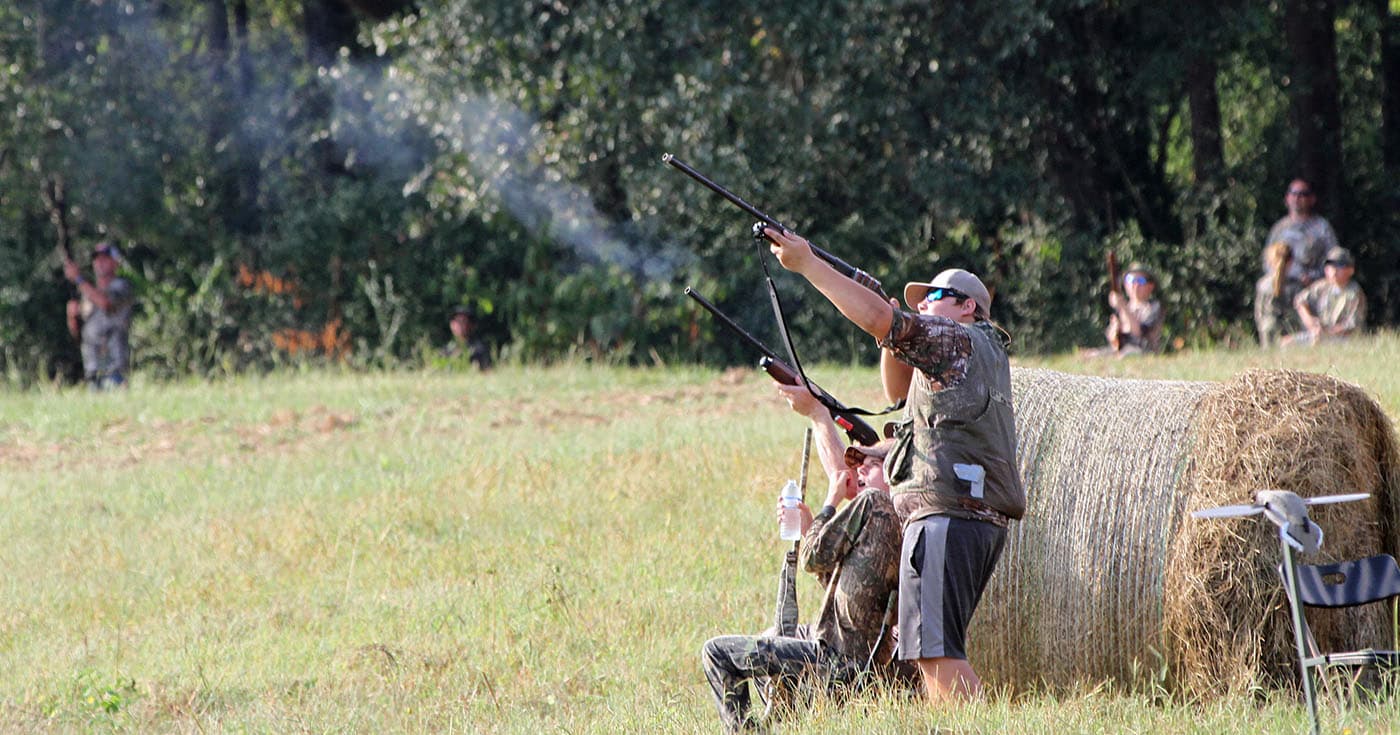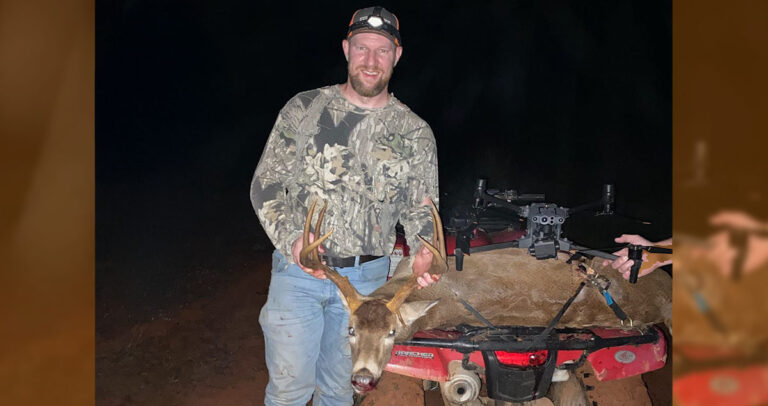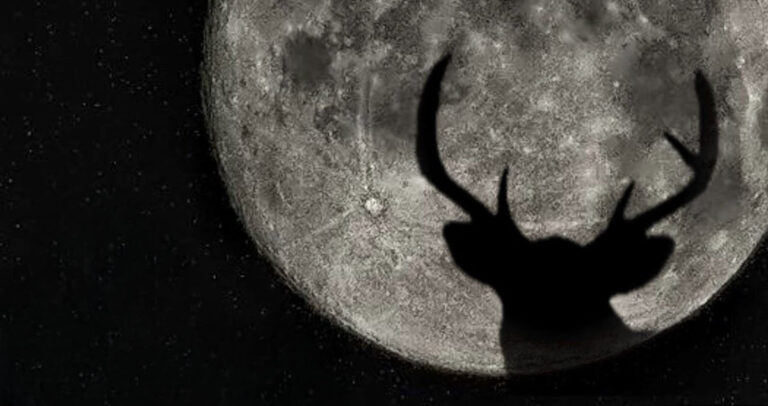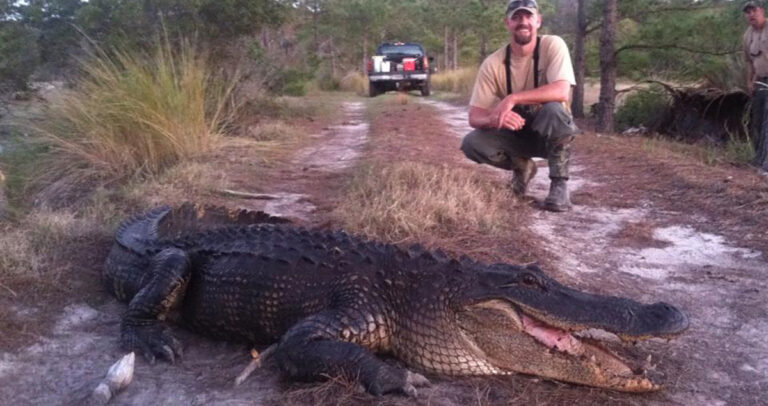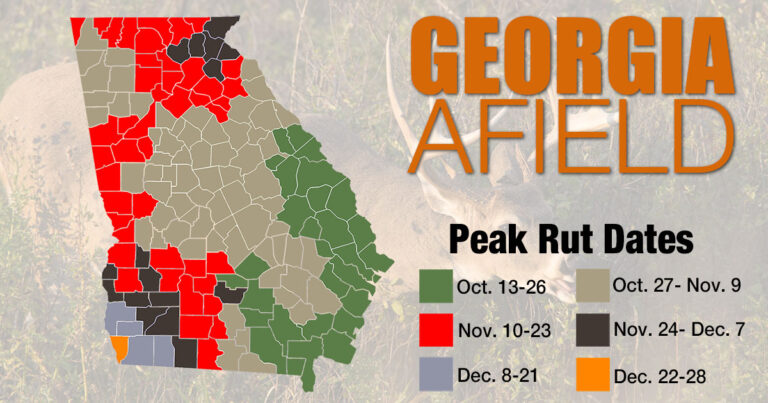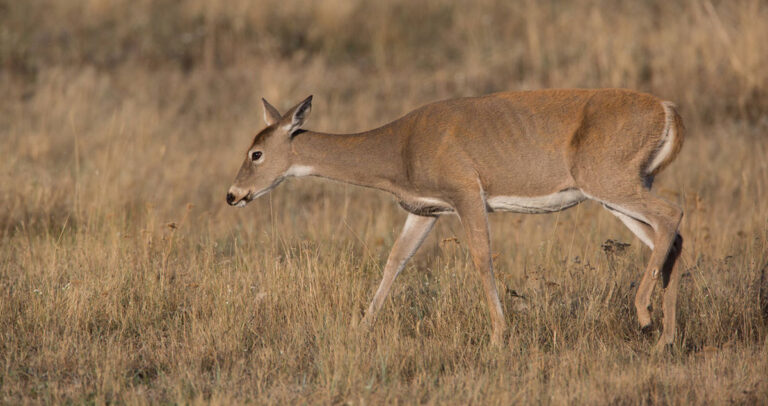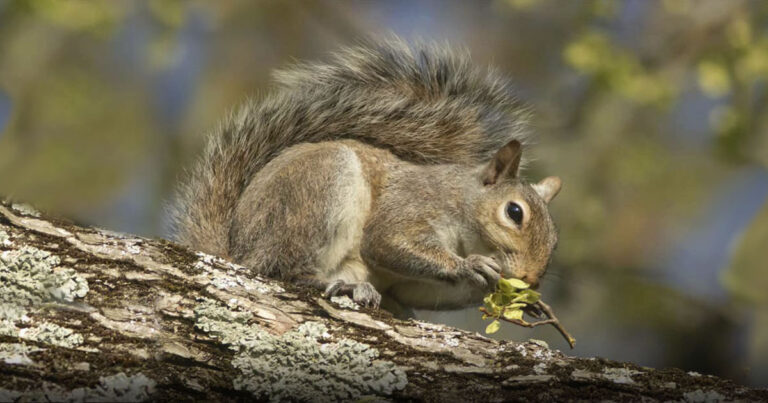Prepare Now for Georgia’s 2024 Dove Season
Opening day of dove season is a cornerstone of Georgia’s hunting calendar, ushering in an exciting time of camaraderie and challenging wingshooting.
This article dives into all aspects of the upcoming dove season, including season dates, regulations, public dove field opportunities, and baiting laws.
Georgia Dove Season Dates
- Sept. 7 – Oct. 13, 2024
- Nov. 23 – Dec. 1, 2024
- Dec. 19, 2024 – Jan. 31, 2025
On Private Land
On private lands, the 2024 dove season kicks off on the traditional first Saturday of September.
Georgia’s dove season spans a total of 90 days and is split into three segments. The first segment runs from early September into early October. The second segment kicks off the Saturday before Thanksgiving and runs nine days through the following Sunday. And the third segment finishes out the season, running from mid December through the end of January.
On Public Land
On public lands, dove season varies from area to area, and some WMAs can only be dove hunted through the quota application process. More on that below.
Shooting Hours
Legal shooting hours for dove hunting is 1/2 hour before sunrise until sunset. In the past, hunters couldn’t start shooting until noon on opening day, but the DNR changed that rule in 2021, so now you can start 30 minutes before sunrise the entire season.
The best time to hunt doves is early mornings and late evenings, when the birds are flying between their roost sites and feeding areas. That typically includes the first and last two hours of daylight.
That’s not to say you can’t shoot doves about any time of day, but if you’re limited on time, focus your efforts to those peak flight times.
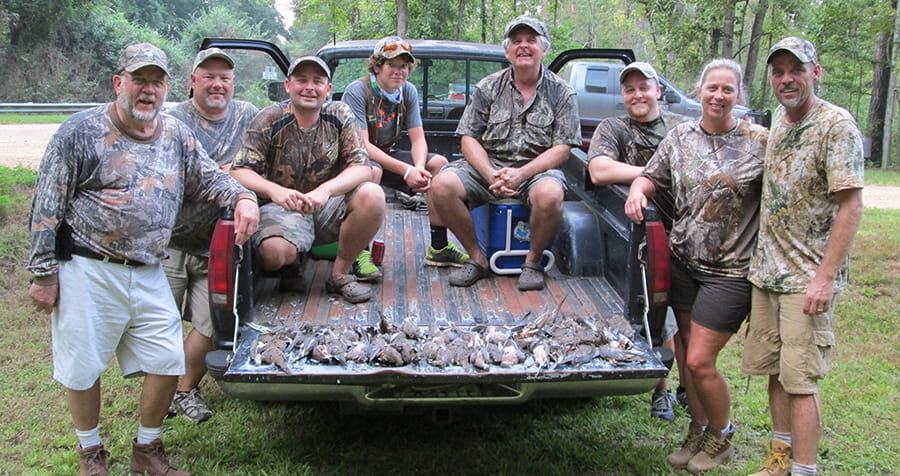
Bag Limit
The bag limit for Georgia dove hunting is 15 per day and 45 in possession.
Eurasian Collared Doves may be taken at any time, and there is no limit.
Dove Hunting License Requirements
Regardless of whether you’re hunting private or public land, Georgia dove hunters age 16 and over need a valid hunting license and a Georgia Migratory Bird Stamp.
| License Needed | Resident Cost | Nonresident Cost |
| Annual Hunting License | $15 | $100 |
| Migratory Bird Permit | $5 | $5 |
*A Sportsman’s or Lifetime hunting license covers both requirements
Banded Doves
If you harvest a banded dove, please report the band number and how, when and where it was recovered on the Bird Banding Laboratory website at www.reportband.gov.
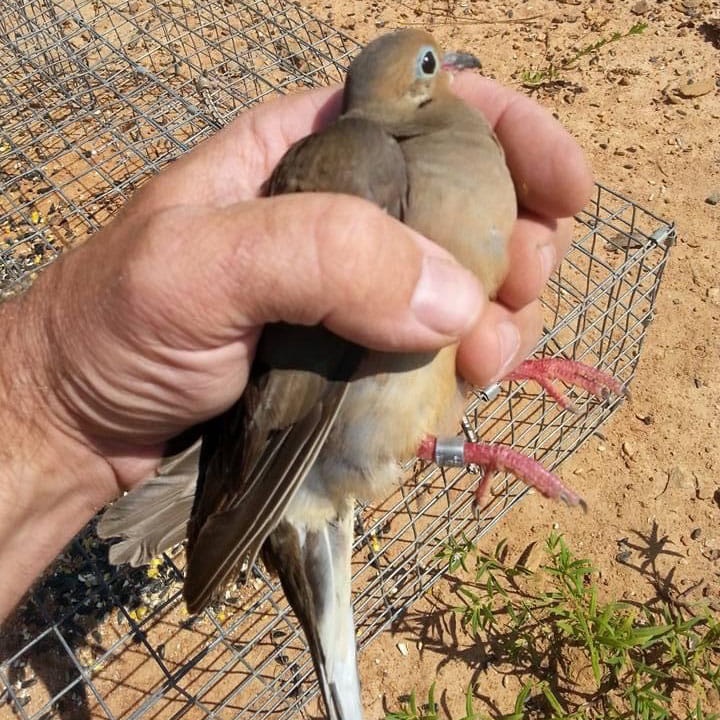
Public Land Dove Hunts
If you don’t have access to a quality private dove field, don’t worry. Georgia has lots of public land opportunities scattered across the state. In fact, over 50 of the state’s wildlife management areas (WMAs) and Voluntary Public Access areas (VPAs) specifically plant food plots for dove hunting each season.
Learn More: Georgia Public Land Dove Field Forecasts for 2024
All of these WMAs and VPAs allow limited dove hunting during specific dates. Fifteen of them have quota hunts, which are typically one-day hunts on opening day. Three of them have an additional quota one-day hunt on the second Saturday.
WMAs without designated dove fields allow dove hunting anytime statewide dove season and the WMAs small game season coincide.
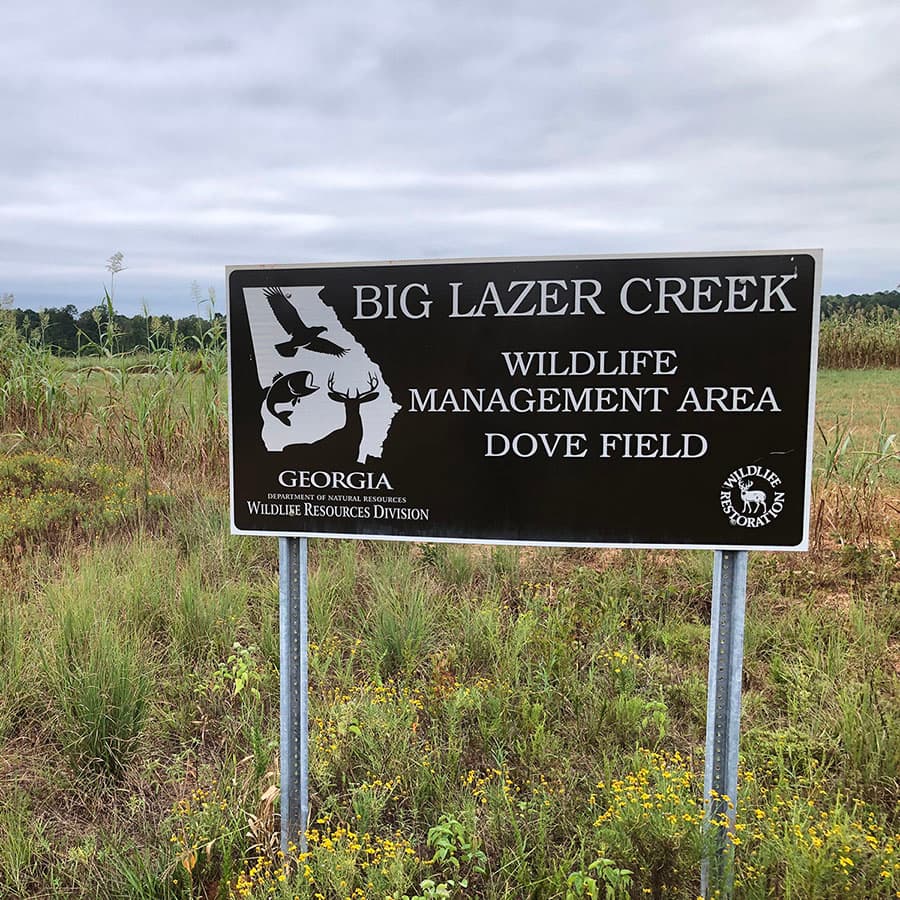
Baiting Laws
What is Considered Baiting
You cannot hunt doves or any other migratory game bird by the aid of baiting or on or over any baited area where you know or reasonably should know that the area is or has been baited.
Baiting is the direct or indirect placing, exposing, depositing, distributing, or scattering of salt, grain, or other feed that could lure or attract doves to, on, or over any areas where hunters are attempting to take them. A baited area is any area on which salt, grain, or other feed has been placed, exposed, deposited, distributed, or scattered, if that salt, grain, or feed could serve as a lure or attraction for doves. Any such area will remain a baited area for 10 days following the complete removal of all such salt, grain, or other feed.
What is NOT Considered Baiting
According to the U.S. Fish & Wildlife Service, the following is legal to hunt doves on, over or from:
- Lands or areas where seeds or grains have been scattered solely as the result of normal agricultural operations, which include normal agricultural harvest, normal agricultural post-harvest manipulations, or normal agricultural practices.
- Lands planted by means of top-sowing or aerial seeding where seeds have been scattered solely as the result of a normal agricultural planting, a planting for agricultural soil erosion control, or a planting for post-mining land reclamation.
- Lands or areas where grain or feed has been distributed or scattered solely as the result of the manipulation of an agricultural crop or other feed on the land where grown.
- Standing crops.
- Lands planted as wildlife food plots, provided the seed is planted in a manner consistent with Cooperative State Research, Education, and Extension Service recommendations for the planting of wildlife food plots. In states without Cooperative Extension Service recommendations for the planting of food plots, the seed must be planted in accordance with Extension Service guidelines for producing a crop.
- Lands planted as pasture improvements or for the purpose of grazing livestock. (The Fish and Wildlife Service will not make a distinction between agricultural fields planted with the intent to gather a crop and those planted without such intent provided the planting is carried out in a manner consistent with the recommendations of State Extension Specialists).
- Standing or manipulated natural vegetation.
- A blind or other place of concealment camouflaged with natural vegetation.
- A blind or other place of concealment camouflaged with vegetation from agricultural crops, provided your use of such vegetation does not expose, deposit, distribute or scatter grain or other feed. You should be aware that seeds or grains from such vegetation could create a baited area.
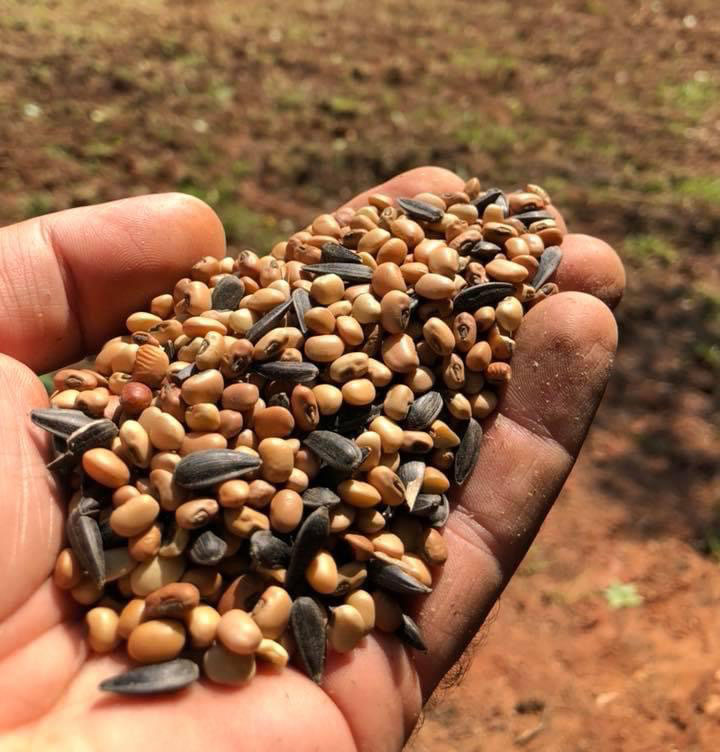
Final Thoughts
Dove season is an exciting time that Georgia hunters look forward to every fall. I mean, who doesn’t love emptying two or three boxes of shells at fast flying birds while being laughed at by family or friends.
Maybe that’s just me.
Either way, I hope the information provided in this article helps you plan a few successful dove hunts this fall. And don’t forget to take someone new with you!

